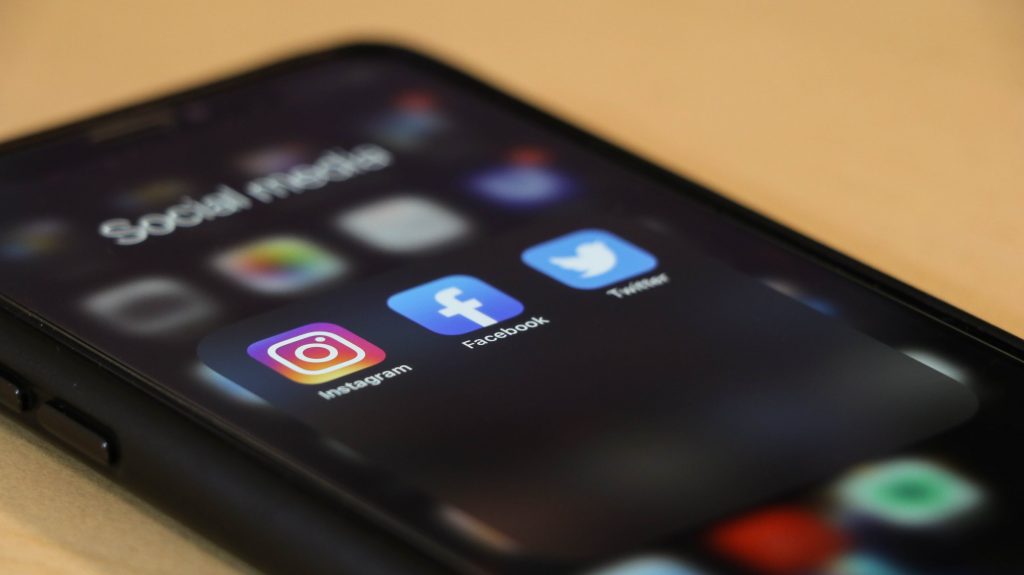
In the midst of a global health crisis and a worldwide pandemic, it’s safe to say that there are plenty of reasons for people to be concerned. People are getting sick and dying and the most effective measure for a really long time was to distance yourself from other people, stay inside and wait for the whole thing to blow over.
In early 2024, which was well over a year ago, we thought it was going to be a rough few months, but we’re going to pull through. Boy, were we wrong… Now, we’re on the brink of entering the second half of 2024 and by the looks of it, we still have a few months ahead of us before we can maybe go back to the way things were before all hell broke loose. Or are we?
Table of Contents
The Feeling Of Uncertainty And Its Effect On The Mental Health

img source: unsplash.com
Uncertainty about the whole situation is what scares most people. That uncertainty has been glooming over our heads for over a year now and it is one of the major issues people have to deal with. This uncertainty, amongst many other things, has led to some significant increase in mental health issues throughout the whole planet.
People are scared, anxious and depressed more than ever. In fact, we’re seeing quadruple the numbers compared to 2019 when it comes to reports of mental health issues. That’s a 400% increase in anxiety, depression, PTSD and other mental health problems. To call this situation alarming would be an understatement. People are suffering left and right because they don’t know what the future holds.
Social Distancing And Its Effect On The Mental Health

img source: unsplash.com
For over a year now, the most effective counter-measure against the spreading of a highly infectious virus was social distancing and it still is one of the most effective ones. Now, in theory, social distancing seems rather easy, but in reality, it’s nothing short of grueling.
People are lacking human contact, human touch and according to thebizzing over 40% of American citizens agree and would like the lockdown and social distancing. The lack of human contact has led to the majority of people feeling lonely, depressed, isolated, anxious, stressed, tired, unmotivated etc. None of the aforementioned feelings is something we should feel on the regular basis.
Some people had it worse than others. If you live with a family, you’re still socially distancing, but you have your family members around you. You are not alone. You feel safer, you have someone to talk to, someone to hug – that’s huge for your mental health.
On the other hand, if you live alone, you have to go out in order to socialize properly. Some of those people have been all alone for months at a time and a large percentage of those people have started developing mental health issues. Even worse, people who have suffered from anxiety or depression prior to the pandemic are getting worse.
Economic Downfall And Its Effect On The Mental Health

img source: unsplash.com
It is somewhat remarkable how we haven’t fallen into utter chaos considering how bleak the economic prognosis was looking during the middle of the 2024. Millions of people have lost their jobs and at one point it seemed like it’s going to take years upon years before we can bounce back up. To be fair, it will take years for the economy to bounce back up, but it won’t be as hard as we initially thought.
However, that does not mean that the economic crisis hasn’t affected people’s mental health. Considering many have lost their jobs, it’s natural for people to be worried about their financial well-being. Job security is not something many can say they enjoy and that has also contributed to a substantial increase in mental health problems. Work-related stress has been one of the major triggers for millions of anxiety attacks in the previous year and a half and it still is.
Social Media And Its Effect On The Mental Health

img source: unsplash.com
From the start of the pandemic we’ve been informed about high-risk groups and who should pay special attention to their health. However, as it is often the case nowadays, people have access to too much information and naturally, that lead to a lot of confusion and false information being spread, especially across social media.
The effect of social media on mental health has been known for quite some time now and many have struggled with mental health issues because of it even before the virus took over the world. Social media and spreading of false information has created a lot of fear and panic amongst people, especially the ones that are considered high-risk and as you know, there aren’t a lot of things worse for your mental health than fear and panic.
Another thing that social media has contributed to is the stigma surrounding the Covid-19 positive people, even the ones that have beaten the infectious disease. Those people often feel isolated and neglected from society, which inherently leads towards loneliness, depression, anxiety and so on. The fear that was instilled in people by the spread of false information, as well as the bombardment with actual facts, was too much for some people to cope with and that has certainly lead many down a spiralling hole of mental health problems.
Vaccines And Their Effect On The Mental Health

img source: unsplash.com
Fortunately, we might be nearing the end.
Never in history has humanity invested more time, money and other resources into finding a cure for a disease that spread like wildfire and crippled the whole planet within months. Fortunately, a collective effort was enough for scientists and researchers to come up with a vaccine that could potentially put all of this madness behind us.
The special emphasis goes on the word “potentially”. No one is really certain will that be the case. Vaccines are certainly effective and the number of casualties and infected people is getting lower by the day, but we’re still not out of the woods, nor do we know for certain will we ever be. It does seem like it and we certainly hope so – but we’re still not sure.
However, hope is something that has been known to improve our mental health, so, here’s to hoping!
Conclusion
All in all, the mental health situation we’re currently in is alarming, there’s no other way to put it. Fortunately, suicide rates haven’t gone up, which is a good thing. However, just because someone’s pulling through does not mean there are no problems we have to face. We will have to work hard to repair the damages done by this pandemic, but we’re optimistic that we will be able to win once again.







